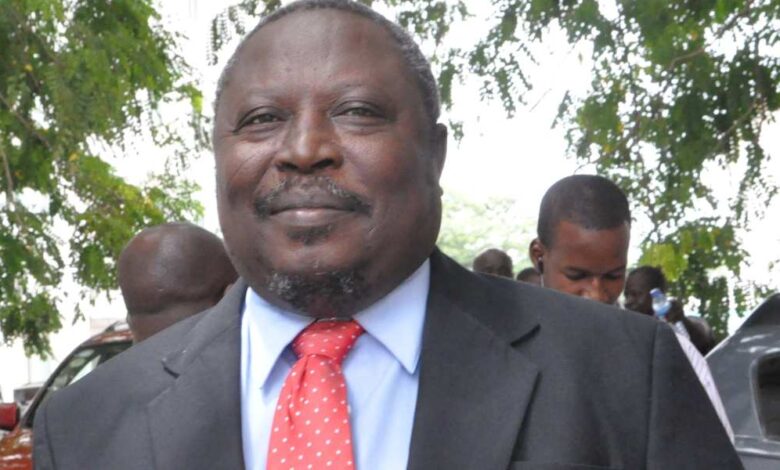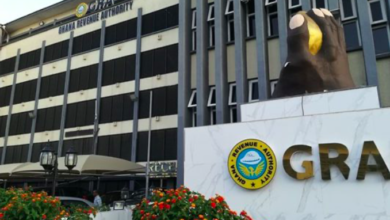10 hard truths about judicial resignation after prima facie misconduct – Martin Amidu lays it bare

In a powerful exposé that reads like both a legal treatise and a cautionary tale, former Attorney General Martin A. B. K. Amidu argues that a superior court justice cannot—and must not—resign after a prima facie case has been established in a removal petition.
Drawing from constitutional principles, historical precedents, and his own experience in public service, Amidu warns of the grave consequences if presidents bypass due process by accepting such resignations.
His position? The Constitution demands accountability, not backdoor exits. Here are key takeaways from Amidu’s strongly-worded critique on what he sees as a looming threat to judicial integrity.
1. A president cannot constitutionally acccept a Justice’s resignation mid-inquiry
Martin Amidu argues that if the President accepts a superior court justice’s resignation after a prima facie case has been established and a committee has been set up, it would violate the President’s constitutional oath under Article 146 of the 1992 Constitution.
2. Such a move casts suspicion on the executive’s intentions
Acceptance of a resignation in this context may raise suspicions that the President is helping the justice evade accountability or that the petition was orchestrated to coerce the judge into resigning.
3. Media leaks are undermining the integrity of the process
Amidu condemns the circulation of petition documents and responses in the media, calling it unconstitutional and an attempt to manipulate public opinion and influence the Committee’s work.
4. The push for resignation undermines petitioners’ rights
Calls for the judge to resign, even before the inquiry concludes, ridicule citizens’ constitutional right to petition for the removal of justices on grounds of misconduct or incompetence.
5. Judicial exceptionalism is dangerous to democracy
Arguing that judges should be exempt from public scrutiny during such inquiries reeks of “despotic and undemocratic” logic, according to Amidu.
6. The constitution demands due process – no shortcuts
Once a prima facie case is established and a committee is set up, the inquiry must proceed unless the petitioner abandons it. Resignation is not a valid legal escape hatch under Article 146.
7. Precedent shows the dangers of letting judges resign mid-inquiry
Amidu recounts the 1998 resignation of Justice Kweku Amua-Sekyi, accepted by President Rawlings. That resignation halted the inquiry and later, Amua-Sekyi was appointed to a high-profile commission, where he allegedly carried out personal vendettas.
8. Georgina wood refused resignations in the famous Anas judicial scandal
Chief Justice Georgina Wood, in 2015, denied resignation requests from twelve implicated judges after determining prima facie cases against them, ensuring the process was not subverted.
9. One rule for all – even the Chief Justice isn’t exempt
If a Chief Justice is the subject of a removal petition, even the President must follow due process and not accept a resignation mid-inquiry, lest he breaches constitutional protocol.
10. Let the committee finish its work – or democracy suffers
Amidu warns that allowing a resignation before the committee submits its report would damage public trust and empower future judicial misconduct. As he metaphorically warns, “the snake has already been wounded and may strike again.”




